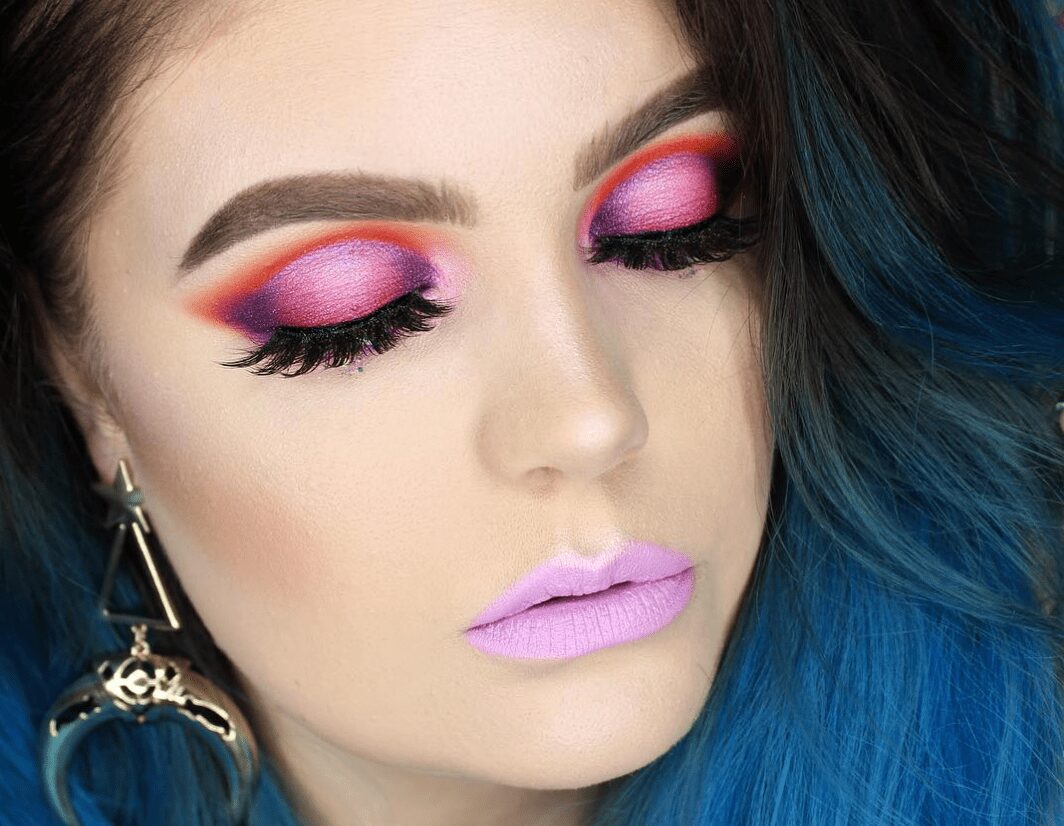According to the Food and Drug Administration (FDA), temporary tattoos may leave a longer-lasting physical effect on your skin, and it’s not pretty.
Henna is a reddish-brown pigment derived from the plant Lawsonia inermis which is also native to the tropical and subtropical regions of Africa and Asia. The LA Times reported that an extra ingredient in longer-lasting “black henna” tattoos used today contains hair dye that includes phenylenediamine (PPD). PPD causes allergic reactions in some people like redness, blisters, oozing lesions, increased sensitivity to sunlight and permanent scarring.
This particular long-lasting black henna is often used at tourist destinations and specialty stores in Africa and Asia, and may not even include any natural henna at all. PPD is commonly found in the same chemicals used to color hair, and to make embellishments darker and longer-lasting.
A study in the Journal of the German Society of Dermatology also reported that PPD is the culprit in the cases of seven people who’ve developed allergic reactions to hair and eyelash dyeing. So, unless if you’re able to get a henna tattoo that’s as pure as it can be, do refrain from getting any henna tattoos when you’re overseas. And if you do give in, request to look at the product packaging to look out for any suspicious ingredients that may cause irritation.










